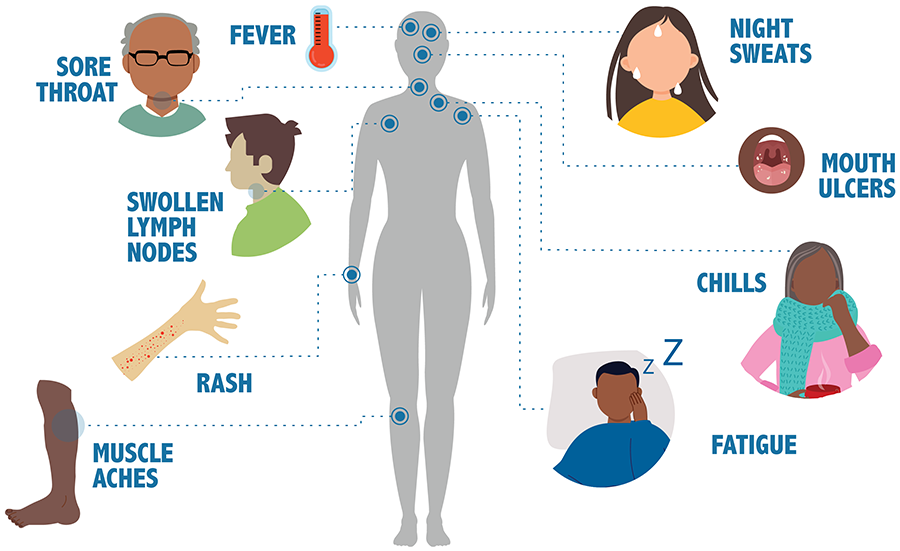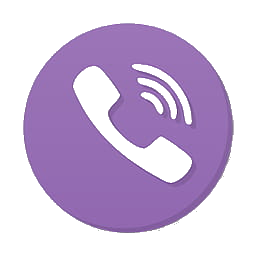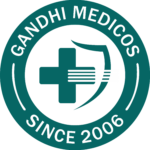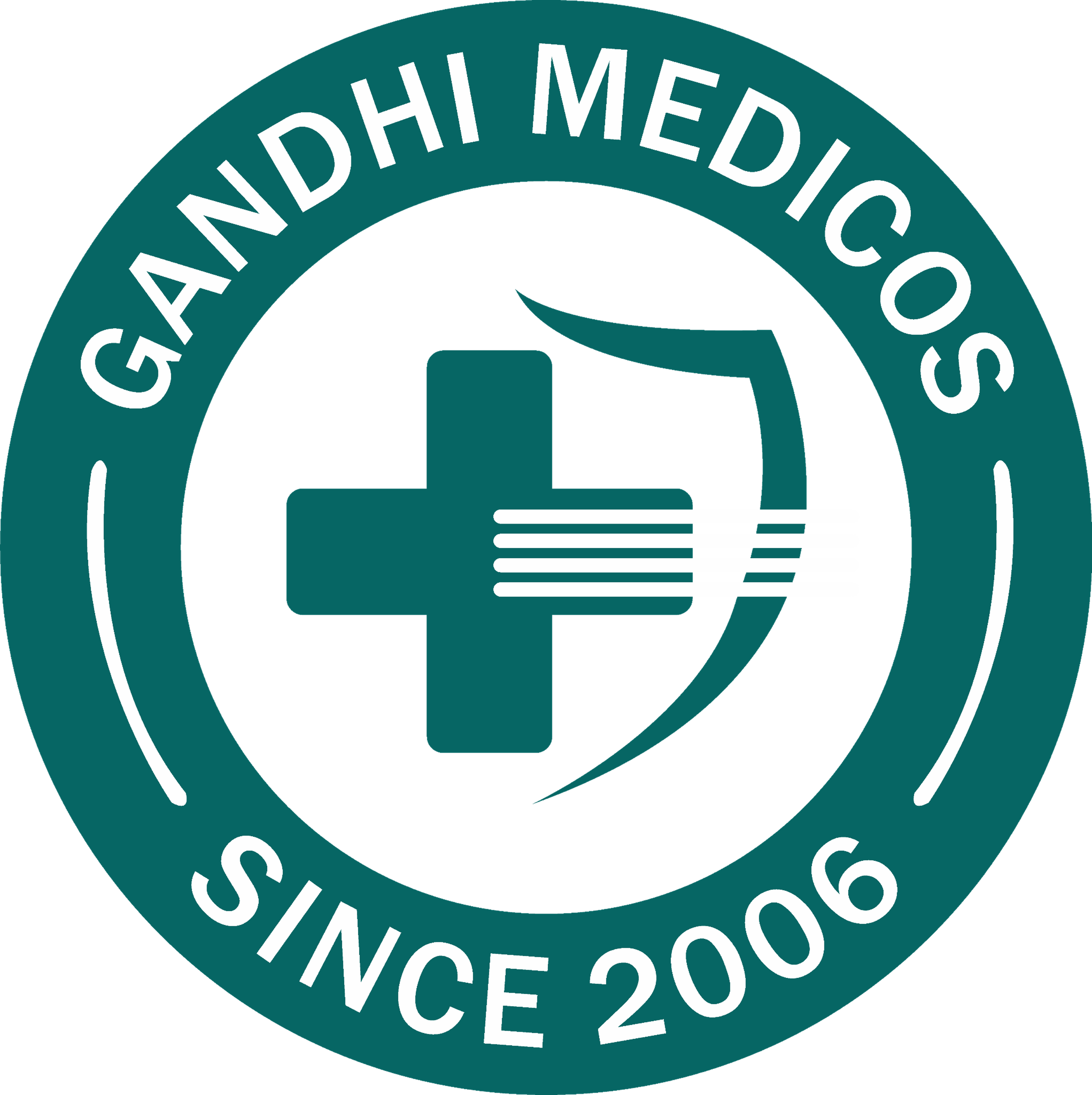How to Live With HIV Infection?
Estiva 600 mg tablet
Human immunodeficiency virus is referred to as HIV. It compromises your immune system by obliterating a specific type of white blood cell that aids infection resistance. Acquired immunodeficiency syndrome is referred to as AIDS. HIV infection doesn’t need to lead to AIDS.
Treatments of HIV
Although there is no cure, numerous medications are available to treat HIV infection and associated illnesses and malignancies. As a result, people with HIV can live long, robust lives thanks to the medications.
Efavirenz
Combined with other medications, Estiva 600 mg Capsule is an antiviral drug used to cure human immunodeficiency virus (HIV) infection. HIV cannot be cured with Estiva 600 mg tablet. Estiva 600 mg Capsule merely stops the virus from spreading throughout your body. Depending on the clinical situation, kidney and liver function monitoring may be required when taking this medication.
What is Efavirenz?
To cure human immunodeficiency virus (HIV), efavirenz (Estiva 600 mg tablet) is taken in combination with other drugs. It functions by lowering the blood’s HIV concentration. Estiva 600 mg tablet (Efavirenz) does not treat HIV, but it may lessen your risk of getting AIDS and other diseases connected to HIV, such as cancer or serious infections. In addition, it is possible to reduce the risk of spreading HIV to others by taking these medications, engaging in safer sexual behaviour, and changing other aspects of one’s lifestyle.
How should you use this medication?
Both oral tablets and capsules are available for efavirenz. It is typically taken once daily on an empty stomach with lots of water. Take Estiva 600 mg tablet every day at roughly the same time. Some negative effects of efavirenz may be tolerable if taken before bed. Administer efavirenz (Estiva 600 mg tablet) precisely as prescribed. Never take it in quantities or frequencies that your doctor recommends.
How to live a happy life with HIV infection?
You can assist yourself if you get infected by HIV as follows:
- Receiving medical attention immediately when you learn you have HIV. Find a medical professional with knowledge of treating HIV.
- Ensuring that you routinely take your medications
- Maintaining routine dental and medical treatments.
- Taking care of one’s mental health and receiving assistance from therapists, social service agencies, and other support systems
- Do your best to educate yourself on HIV/AIDS and its treatments.
What if my HIV treatment is put off?
HIV will damage your immune system if therapy is put off. Delaying treatment increases your risk of getting sick, contracting HIV from partners, and having AIDS.
Types of HIV treatments?
HIV medication comes in two flavours: tablets and injections.
- For those who are just starting HIV treatment, pills are advised. Numerous single-pill and combo medications have received FDA approval.
- Those who have been virally suppressed for at least three months may think about getting injections.

Benefits of taking HIV Treatment
HIV treatment lowers the level of the virus in the blood.
- Your viral load will remain low if you take your HIV medication as directed.
- The viral load might drop dramatically with HIV treatment (viral suppression). Less than 200 HIV copies per milliliter of blood are considered viral suppression.
- The viral load from HIV treatment may be so low that a test might miss it.
- If a load of your viral decreases after beginning HIV treatment, it is a sign that the medication is having an effect. Maintain your HIV medication regimen as directed.
- Even occasionally skipping a dose of HIV medication gives the virus a chance to spread quickly. Your immune system can be compromised, and you might get sick.
- The greatest method to remain healthy and defend others is to achieve and maintain a viral load that cannot be detected (or to maintain viral suppression).







